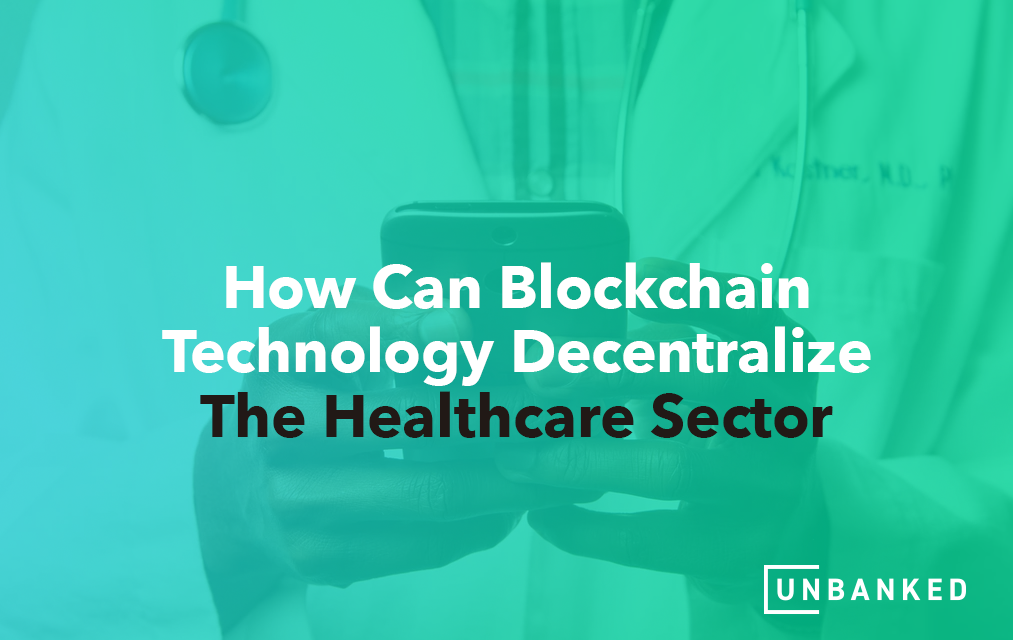Blockchain is a tamper-proof technology that keeps a secure record of transactions on a distributed ledger. Unlike traditional databases, the datastore on a blockchain ledger is decentralized, i.e., it is securely distributed across a peer-to-peer network where all members of that computer network can access that data. Once such data is added to the blockchain network, none of the members can amend or edit it, making blockchain truly immutable. Although new data can be added, the old one cannot be deleted or edited. The decentralized nature of blockchain allows many people to participate in the network. All these people have a full copy of that blockchain and can securely see which new data blocks are added. Blockchain technology can be efficiently used to store transactions where data transparency and immutability are required. Initially developed to eliminate the need for intermediaries, like banks, from transactions, the blockchain technology can be particularly useful in the healthcare sector where medical, and patient records need to be securely stored and shared.
Blockchain ledger can be used to store transactions related to purchase and shipment of medical equipment, patient’s medical records, and health care and for tracking permissions and access to facilities. The blockchain ledger can be used to set up a seamless decentralized system where medical information, authorization records, proof of data utilization, directories of equipment providers, information about the supply chains of medicines can be securely recorded, tracked, and managed digitally. The blockchain application to the healthcare industry will reduce costs and provide patients with new ways to access healthcare. In this article, we will be discussing how blockchain technology can completely revolutionize the healthcare industry.
Electronic Medical Records
Secure and accessible health data is an essential resource for both patients and doctors. The highly sensitive patient data can be easily stored and distributed through blockchain technology. The use of blockchain for storing health data gives patients more autonomy in managing their data and controlling who can view their medical history and add new health records. In the current healthcare system, patient data is stored in a centralized manner. This makes it difficult to protect the sensitive private information of the patient. Medical data can be stolen or deleted from such a centralized database. On the other hand, blockchain allows users to save important data and check for its authenticity permanently. The patient data can be stored in an encrypted form that does not allow unauthorized access. With the use of blockchain, the healthcare industry can achieve data privacy, security, control, and interoperability of electronic medical records between healthcare stakeholders. It will help the healthcare stakeholders to work together within and beyond their organizations to provide adequate healthcare services to individuals and families.
Permissions Management
The use of patients’ medical records for different purposes requires the consent of those patients. In the centralized healthcare system, patients usually give their consent on paper, after which they do not have access to review their files. Patients and healthcare providers can use blockchain technology to obtain and manage consents effectively. This system ensures trustworthiness, accountability, authentication, and data exchange between all parties. Usually, patient records are stored in different hospitals, and the transmission of sensitive information amongst various healthcare providers is a pretty long and complex process. Blockchain-based management systems store sensitive patient information securely and allow for safe and quick information exchange. With such a system in place, doctors, patients, researchers, and other third parties can have secure access to databases of local hospitals. Smart contracts define authorization rules, allow for authorization management and provide access rights to patients’ metadata.
Pharmaceutical Supply Chains
One of the significant problems plaguing the healthcare sector is counterfeit and fake medicines, especially in some regions or countries. Fake or counterfeit medicines can seriously impact patients’ health and well-being. Blockchain technology has the potential and capability to solve this problem. The blockchain ledger can be used to securely connect manufacturers, retailers, buyers, and healthcare providers on a decentralized Ethereum network. Blockchain can help track handle supply chain processes and other areas of healthcare efficiently. It can be used to verify whether the drug manufactured complies with temperature and quality requirements during its transportation. Blockchain will make it much easier to identify and trace counterfeit drugs. Applying distributed ledger technology in healthcare will ensure that all healthcare products are efficiently tracked, and their transaction history is documented securely.
Insurance Claims
Insurance claims are one of the fields that can benefit from the immutability, transparency, and auditability of blockchain. The current insurance claim process is quite complicated and tedious. When applying for insurance, the patient must first go to the hospital to get all necessary receipts and diagnosis certificates and then send all these relevant documents to the health insurance company. Here, blockchain technology can be utilized to help insurance companies connect directly with healthcare institutions to obtain all necessary information. Insurance companies could get access to encrypted medical data through blockchain technology. The technology can also process health insurance claims by automating claims and payments between the insurance companies and the insured. This can be facilitated through smart contracts. Besides that, blockchain technology can verify customers’ identities by assigning them a unique blockchain identity. False claims can be identified and combatted using a distributed ledger. Thus, blockchain technology in insurance claims can increase efficiency and reduce administrative costs for insurance companies.
As discussed above, blockchain technology can be instrumental in healthcare. It allows for secure electronic storage of patient data and medical records, tracking the movement of medicines, equipment, supply chains, and managing patients’ consent. It can completely disrupt the healthcare sector as we know it today. Blockchain technology offers a promising future to the healthcare industry. To learn more about the applications of blockchain technology, read our blog.





